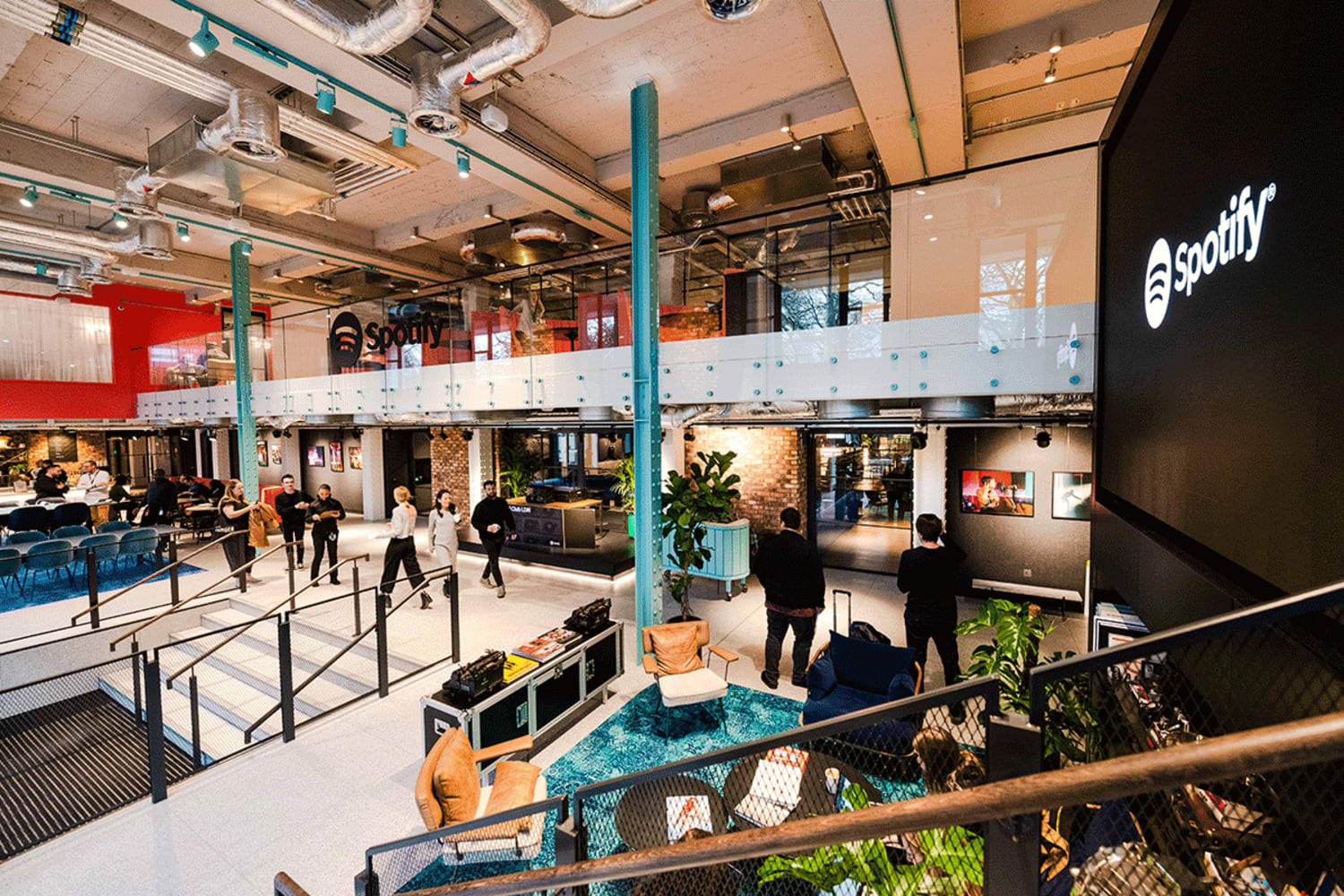The pandemic has dealt a devastating blow to women’s progress in the global workplace. According to International Labor Organization (ILO) data, 64 million female jobs have been lost, equivalent to $800 billion in income. In the United States, vice president Kamala Harris has even called the issue a “national emergency.” The “shecession” we signaled in this year’s “Future 100” report is now in full flow.
Recent projections from McKinsey and Oxford Economics based on US data suggest that female jobs will take longer to recover, setting back tentative progress towards workplace equality. The pandemic is exacerbating well-documented gender-specific challenges in the workplace: the gender pay gap, gender bias, higher rates of burnout for women, the unpaid care burden.
It’s clear: workplaces aren’t working for women. This is not just bad news for women—it has serious economic repercussions too. Women are a potent lever of economic growth. In order to win back and retain them, companies need to overhaul their approach and tailor their policies to women’s needs in three key areas.
Backing mothers
Working mothers have historically endured a raft of disadvantages in the workplace. Sociologists even coined the term “motherhood penalty” to describe the asymmetries in pay, benefits and perceived competence experienced by mothers in comparison to childless women.
The pandemic turned the screw, piling on impossible pressure for many families obliged to juggle work and caring duties. Thanks to the gender pay gap, women are stepping back in droves: a global Financial Timessurvey published in March 2021 found that approximately 40% are considering scaling back their work to cope, compared to just 30% of men.




